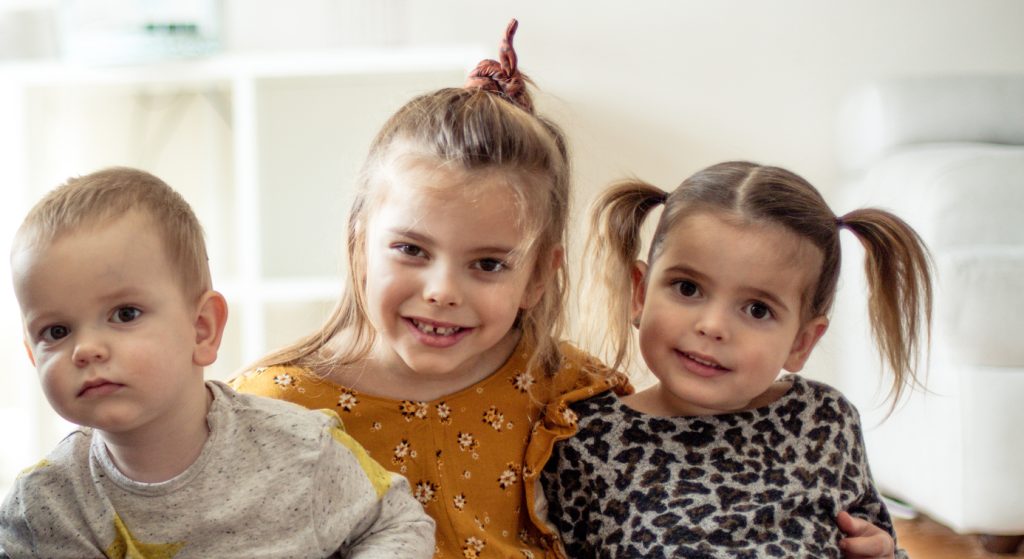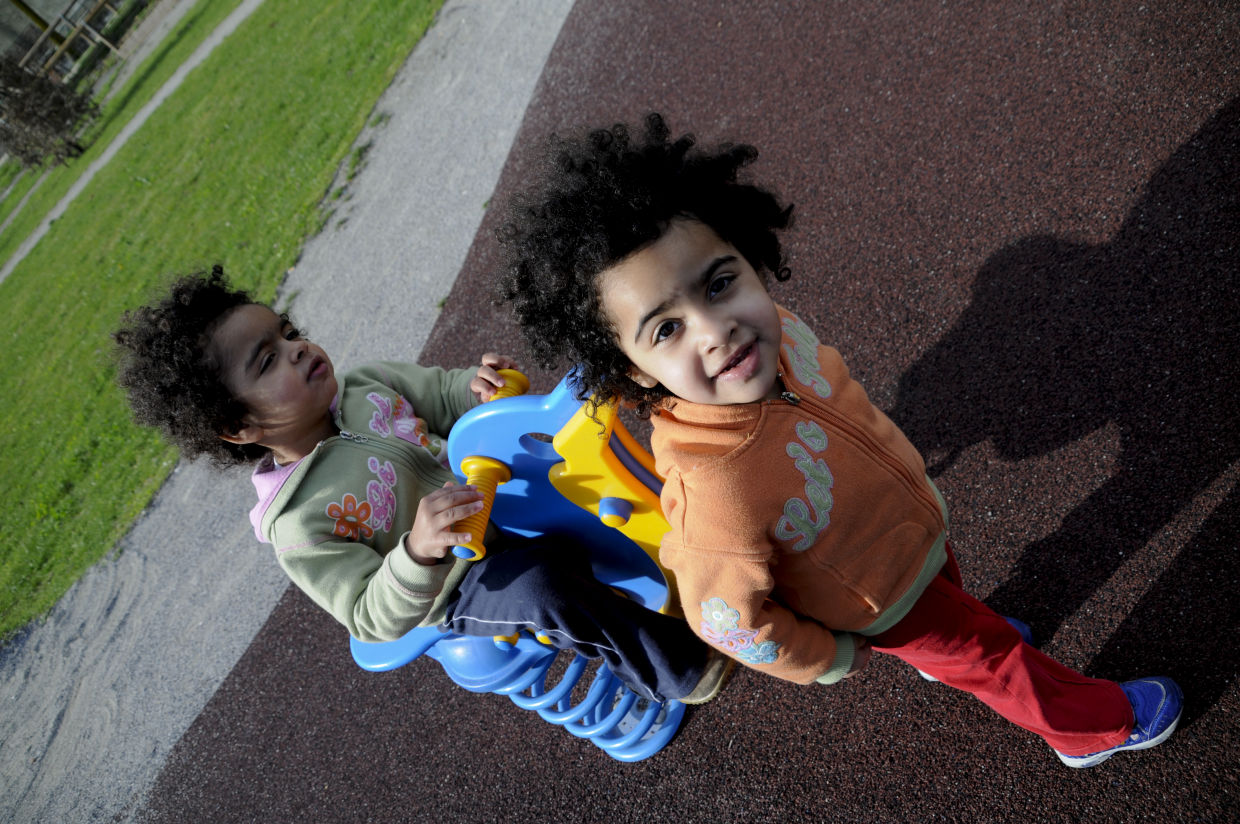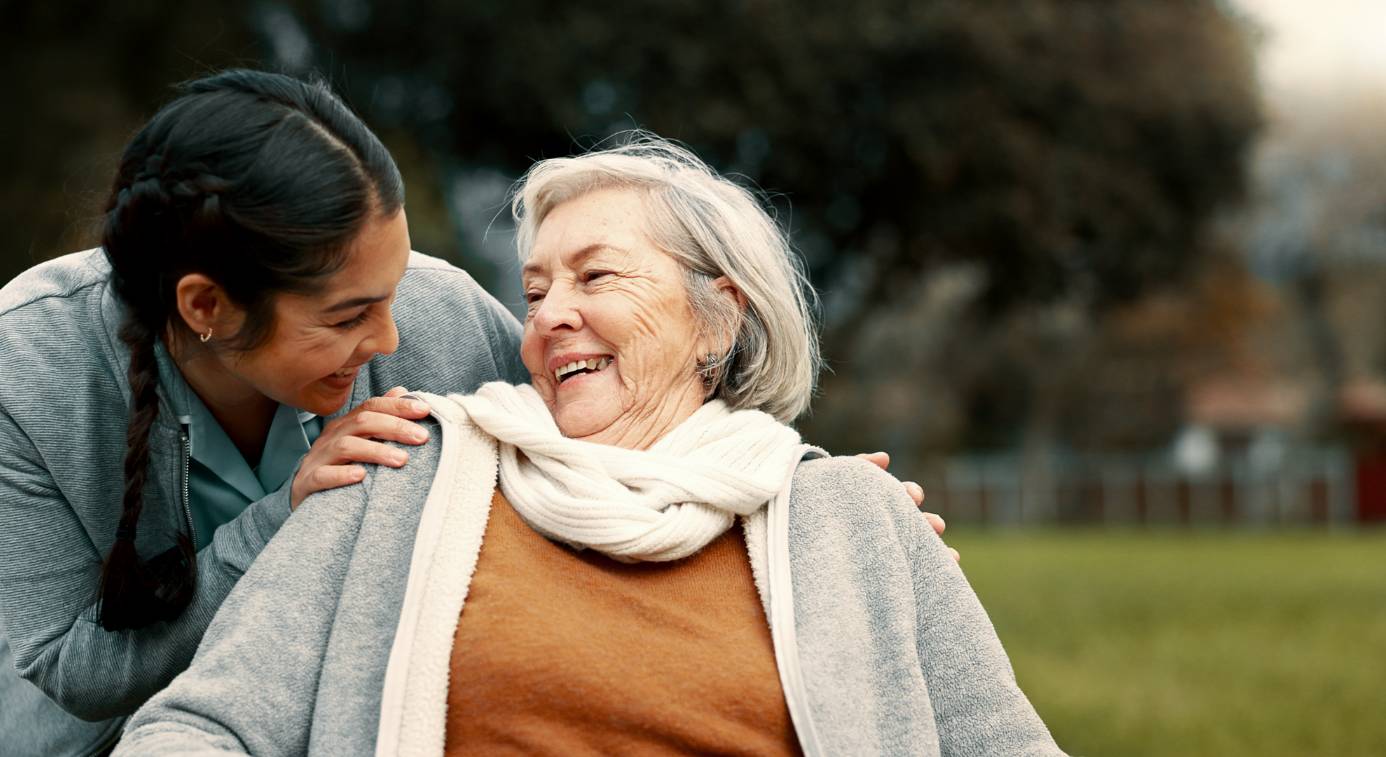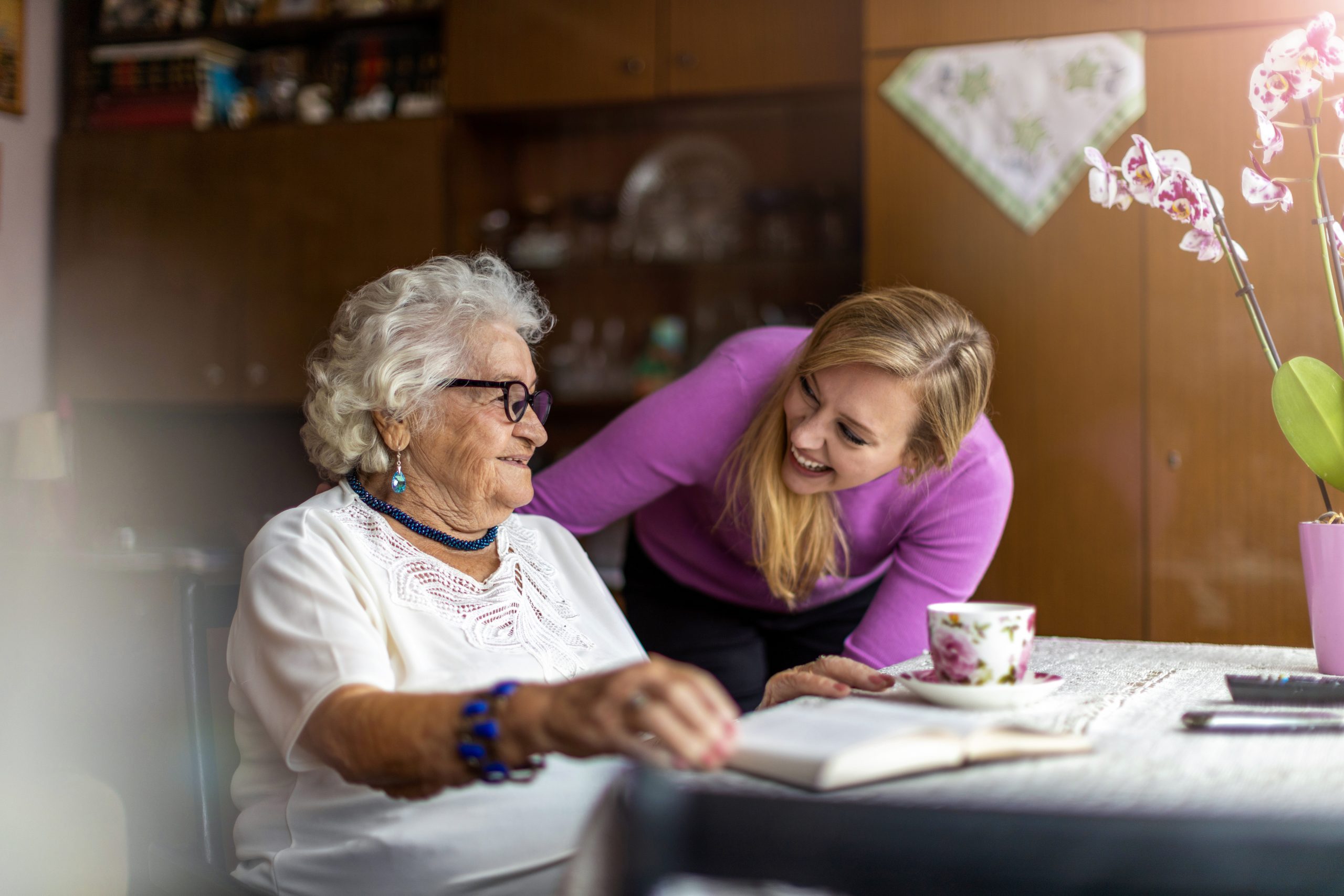Voices Mean Choices
John Wilkinson, Associate Visiting Research Fellow at IPC, shares his reflections on an innovative partnership to co-design a better response to child exploitation risks and harms. This has produced ‘Our Place’, the winner for Children’s Services at this year’s LGC national awards.
Voices Mean Choices was a strategic partnership between East Riding of Yorkshire Council and Barnardo’s, to which both organisations committed resources and took the risks inherent in any innovation. The project aimed to improve the response to child exploitation so that children are safer sooner. Instead of jumping to conclusions that professionals knew best, the project heard the voices of children, young people and families affected by exploitation, and co-designed and tested ideas for changes to the system.
The project
IPCs role in the project was to capture the learning from the partnership through an independent evaluation. Our work included:
- Developing the theory of change for the partnership to ensure clarity about its aims.
- A detailed exercise to document the baseline for the project, against which progress could be measured.
- A report evaluating the first year of the project together with accessible one page summaries for children and professionals; and
- Developing success measures for the pilots which came out of co-design.
The project has been very successful, but not without its challenges. True co-design takes a lot of time, and the initial phases of the project took longer than initially planned. The biggest challenge however was funding. Barnardo’s reluctantly had to step back after two years due to financial pressures unrelated to the project. This also meant that IPCs role had to be scaled back, as there was no funding for the final year of the evaluation. Despite this, the project has pushed on, successfully piloting Our Place, a mobile detached youth service which can be deployed flexibly to wherever the need is greatest.
“What started as a strategic partnership, hearts and hopes of young people from the East Riding created a vision — Our Place. Through collaboration, creativity, and co-design: a mobile youth space has been created that travels with their dreams, listens to their needs, and leads with their voices.”
Helen Jones-Brown
Strategic Youth Lead & Child Exploitation, Our Place & Making a Change Targeted and Intensive Services, East Riding of Yorkshire Council
Factors which enabled Voices Mean Choices to turn the learning from co-design into an award winning service
To take a co-design project right through to successful delivery is an impressive achievement, but to do so when funding is curtailed is remarkable.
It is always hard to disentangle the various factors impacting a project, whether positive or negative. If there is a ‘secret sauce’ it is likely to be the role of committed and passionate leaders of change, something which is hard to measure and hard to replicate. Having said that, several features of Voices Mean Choices stand out:
- Relentless partnership building, not just through the strategic partnership with Barnardo’s, but through the East Riding Safeguarding Children Partnership, the Community Safety Partnership and with potential funders, such as Town and Parish Councils and the Police and Crime Commissioner who have helped fund Our Place.
- Resilience and commitment: leaders in East Riding, both officers and elected members, have been determined to complete the journey, despite the financial challenges, as have the passionate and committed project team.
- Creativity was required to recalibrate the project and secure alternative funding, but it was also very evident in the methods used to engage young people, including some who had been directly affected by exploitation, which included art and music, and high quality animations to capture and amplify the voices of young people.
- Co-design can be done with children and young people who are directly affected by exploitation, provided sufficient time, resources and skills are invested. Good co-design should increase the sustainability of services by making them relevant and accessible.
Data quality
The poor quality of data about child exploitation has been highlighted in many reports, including the Independent Inquiry into Child Sexual Abuse, and most recently, Baroness Casey’s National Audit on Group-based Child Sexual Exploitation and Abuse. Some of these issues were evident in East Riding too but IPC used children in need data and national research to make initial estimates of the prevalence of child exploitation in East Riding and the extent of under-identification by services. These estimates are fairly crude but provide a starting point for more robust measurement and could easily be replicated by other areas.
All the published outputs from Voices Mean Choices, including the IPC reports, can be found on the East Riding Safeguarding Children Partnership website.














